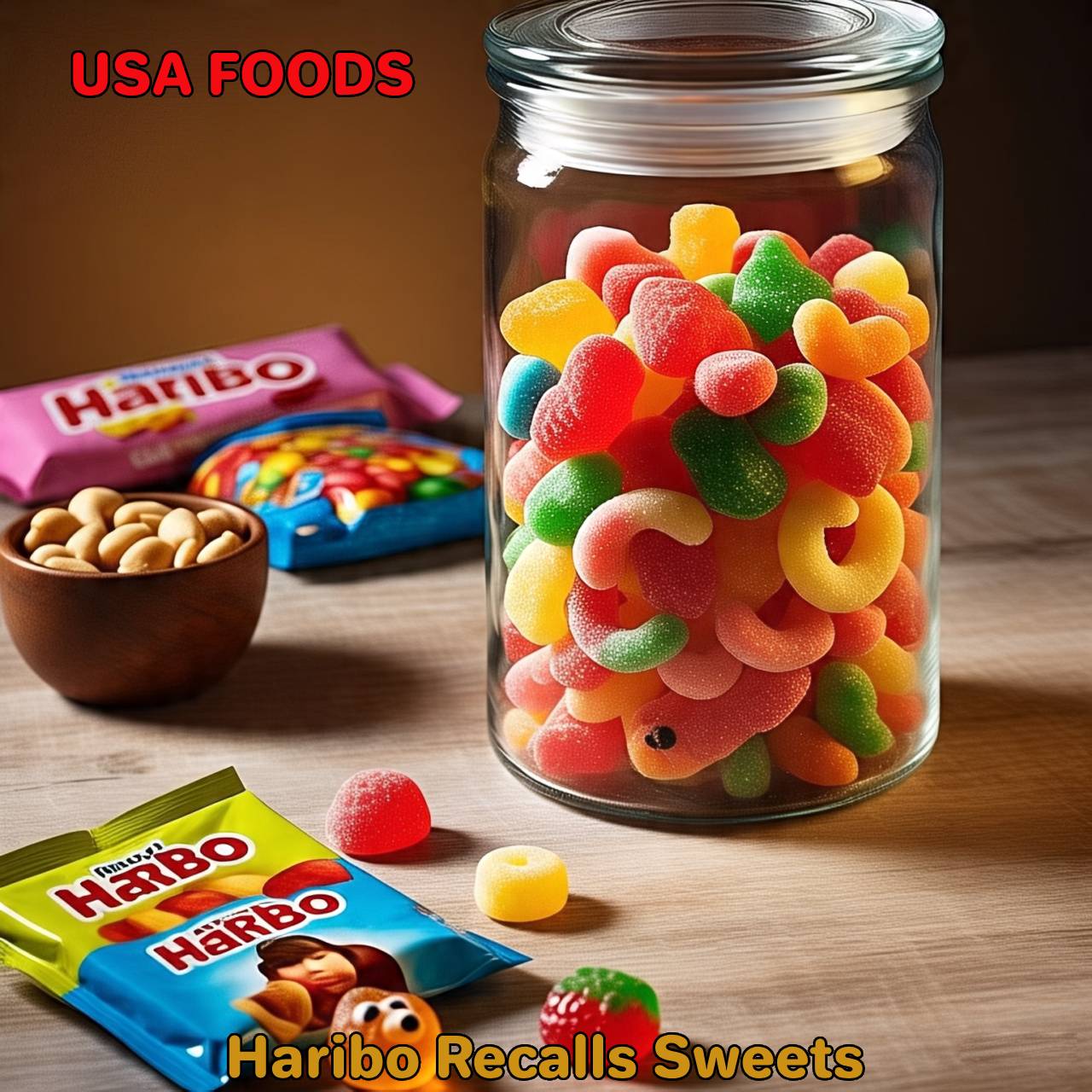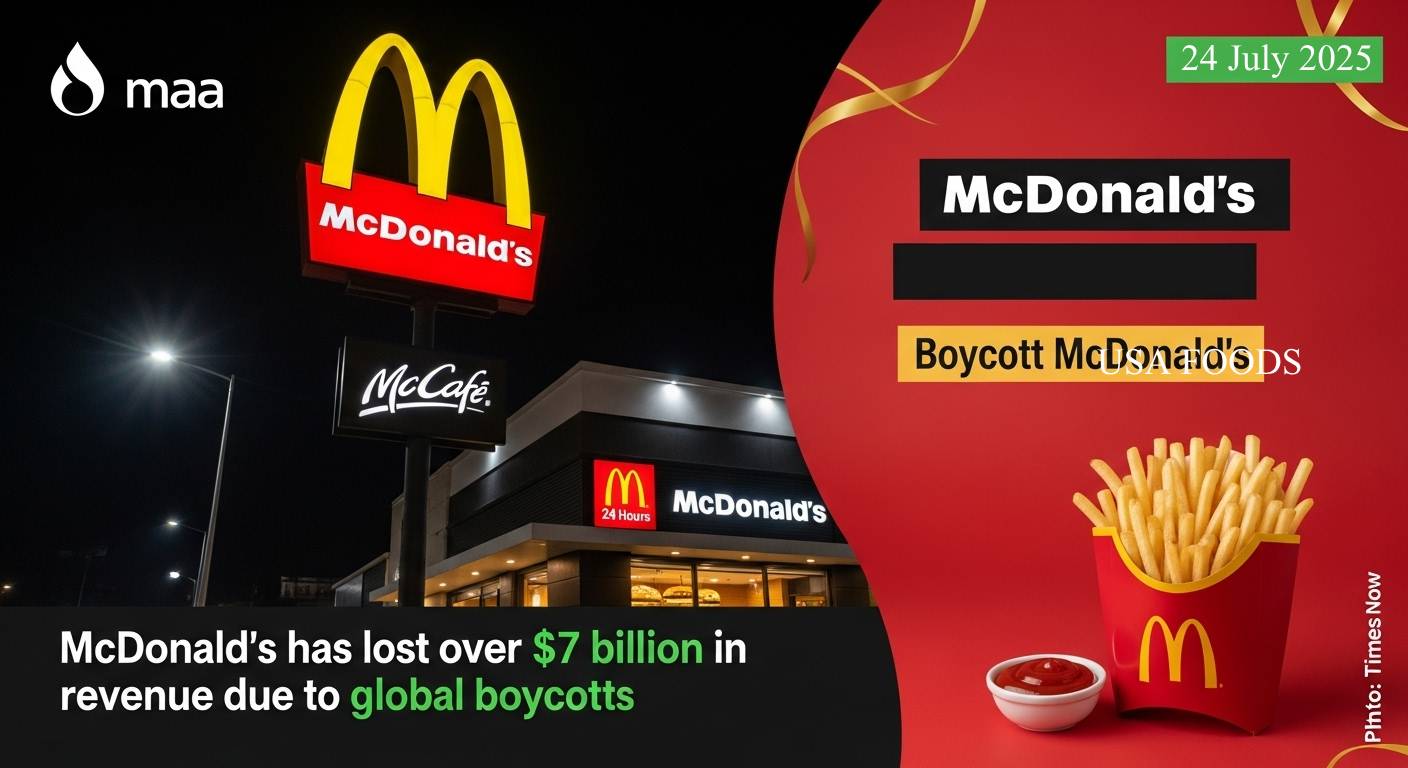Haribo Recall its Happy Cola F!ZZ gummies in the Netherlands after reports of cannabis contamination. Learn which batches are affected, health risks, and what consumers should do next.
Haribo, the internationally celebrated German confectionery brand, has found itself at the center of a serious food safety scandal. In May 2025, the company issued an urgent recall for one of its most popular gummy products, Happy Cola F!ZZ, after reports surfaced that some batches had been contaminated with cannabis. The recall, which currently applies only to the Netherlands, has triggered widespread concern among consumers, regulatory authorities, and food safety experts.
Table of Contents
What Prompted the Haribo Recall?
The story began when a Dutch family from the Twente region reported unusual symptoms after consuming Haribo’s Happy Cola F!ZZ gummies. The symptoms included nausea, dizziness, and disorientation—effects not typical of eating a regular fruit-flavored candy. Alarmed by the adverse reaction, the family reported the incident to the Dutch Food and Consumer Product Safety Authority (NVWA), prompting an investigation.
Subsequent testing revealed a disturbing finding: the gummies had been contaminated with cannabis. As a result, Haribo issued an immediate recall of the affected product batch in the Netherlands to prevent further health risks.
Product Details: What Is Being Recalled?
Haribo identified that the contamination was limited to specific 1kg packages of its Happy Cola F!ZZ gummies. The affected products are marked with:
- Best Before Date: January 2026
- Batch Number: L341-4002307906
At this stage, Haribo has confirmed that no other products—including those sold in the UK, US, or other European countries—have been impacted.
Consumers who may have purchased this product in the Netherlands are strongly advised not to consume it. Instead, they should return the product for a full refund and avoid distributing or sharing it with others.
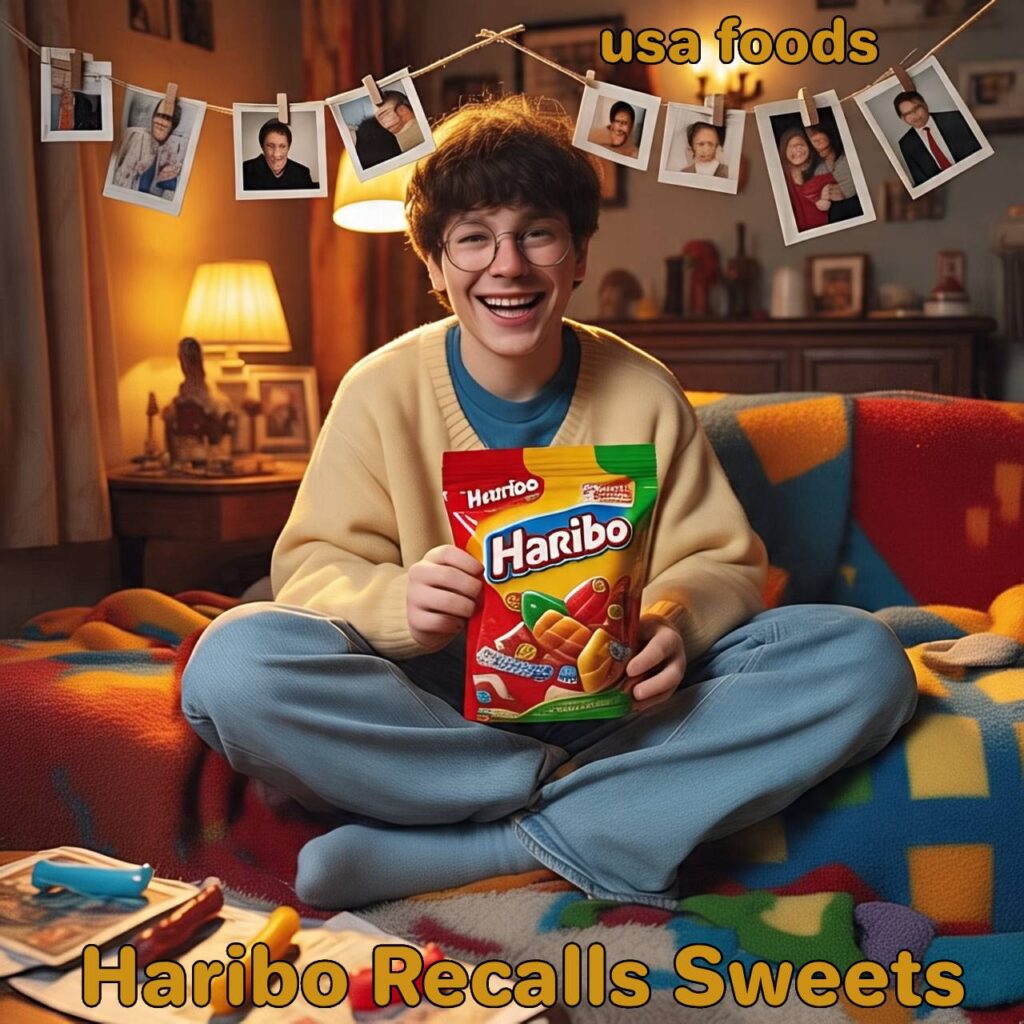
Consumer Health Concerns: What Happens If You Eat Contaminated Gummies?
The presence of cannabis in a food product like gummies is not just a labeling mistake—it’s a serious health concern, especially when consumed unknowingly. Cannabis edibles can have psychoactive effects that may include:
- Altered perception and mood
- Drowsiness or fatigue
- Loss of coordination
- Increased heart rate
- Anxiety or panic attacks
The risks are significantly higher for children, elderly individuals, and those with pre-existing health conditions. Even a small amount of cannabis can cause negative health effects in individuals not accustomed to its consumption. In this case, the consumers were not aware of what they were ingesting, which amplifies the danger.
The NVWA issued a public warning highlighting the potential symptoms and advised anyone experiencing side effects after consuming these gummies to seek medical assistance immediately.
Haribo’s Response: Taking Accountability
Haribo has responded to the situation with urgency and transparency. According to a company spokesperson, consumer safety is their highest priority. The company emphasized that it is cooperating fully with Dutch authorities and has launched its own internal investigation to identify the root cause of the contamination.
In addition, Haribo has:
- Publicly apologized for the incident.
- Launched a recall campaign for all affected products.
- Asked consumers to send back the contaminated product directly to Haribo rather than returning it to retail stores.
- Promised full refunds for any returned items.
So far, three contaminated packs have been confirmed, although further inspections may uncover more.
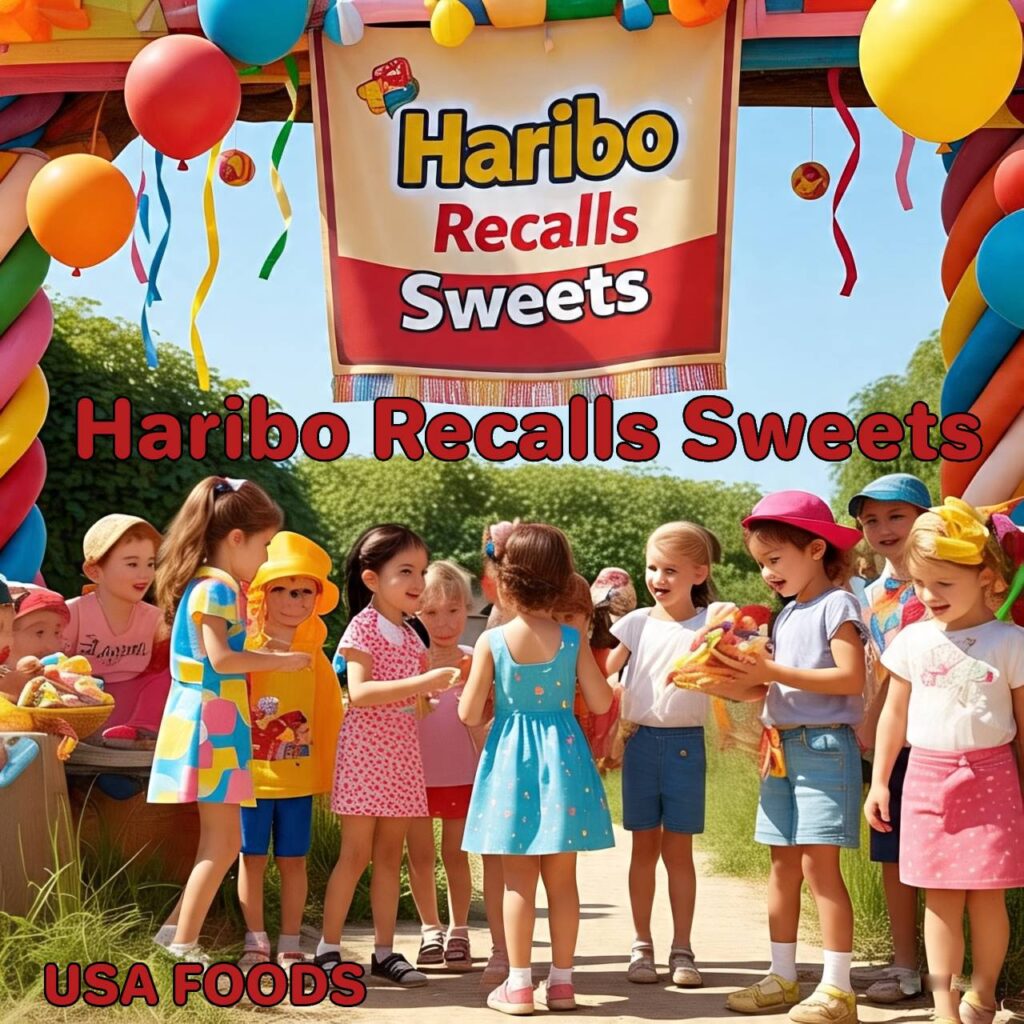
Ongoing Investigation: How Did This Happen?
One of the most puzzling aspects of the case is how cannabis ended up in the gummies in the first place. Haribo is known for maintaining strict quality control protocols at its manufacturing facilities. Theories include:
- Accidental Cross-Contamination: Though rare, it’s possible that a substance used in cannabis edibles may have been mistakenly used during manufacturing.
- Malicious Tampering: Authorities have not ruled out the possibility that someone deliberately introduced cannabis into the product after production or during distribution.
- Supply Chain Breach: It’s also being considered that an external supplier might have sent ingredients contaminated with cannabis.
The Dutch police and NVWA are currently leading an investigation alongside Haribo’s internal quality assurance teams to determine the exact source and mechanism of the contamination.
Broader Implications for the Food Industry
The Haribo recall has reignited discussions about food safety and the risks associated with mass production and global supply chains. Some of the major issues brought into focus include:
1. Need for Better Ingredient Screening
Even in trusted brands, lapses can occur. This incident illustrates the importance of rigorous ingredient testing and validation, especially when dealing with suppliers from multiple countries.
2. Improved Packaging Security
Tampering may occur during distribution or retail. Companies might need to implement tamper-evident seals or smarter packaging technologies, including barcodes and digital verification.
3. Faster Response Systems
The faster a company reacts to contamination, the fewer people are put at risk. Haribo’s quick recall is commendable, but it also shows how crucial it is to have a proactive response plan ready.
4. Consumer Education
Consumers must be educated on how to read batch numbers, identify affected products, and report health issues quickly. Awareness campaigns can make all the difference in preventing widespread harm.
Past Incidents: Not Haribo’s First Recall
While Haribo has a strong reputation for quality, this isn’t the first time the company has faced a product recall. In a separate incident last year, Haribo recalled a batch of Tangfastics in Canada due to contamination with wood fragments. Although no major injuries were reported in that case, it served as a reminder that even trusted brands are not immune to production mishaps.
Incidents like these, while rare, call for vigilance at every stage—from manufacturing and packaging to distribution and retail.
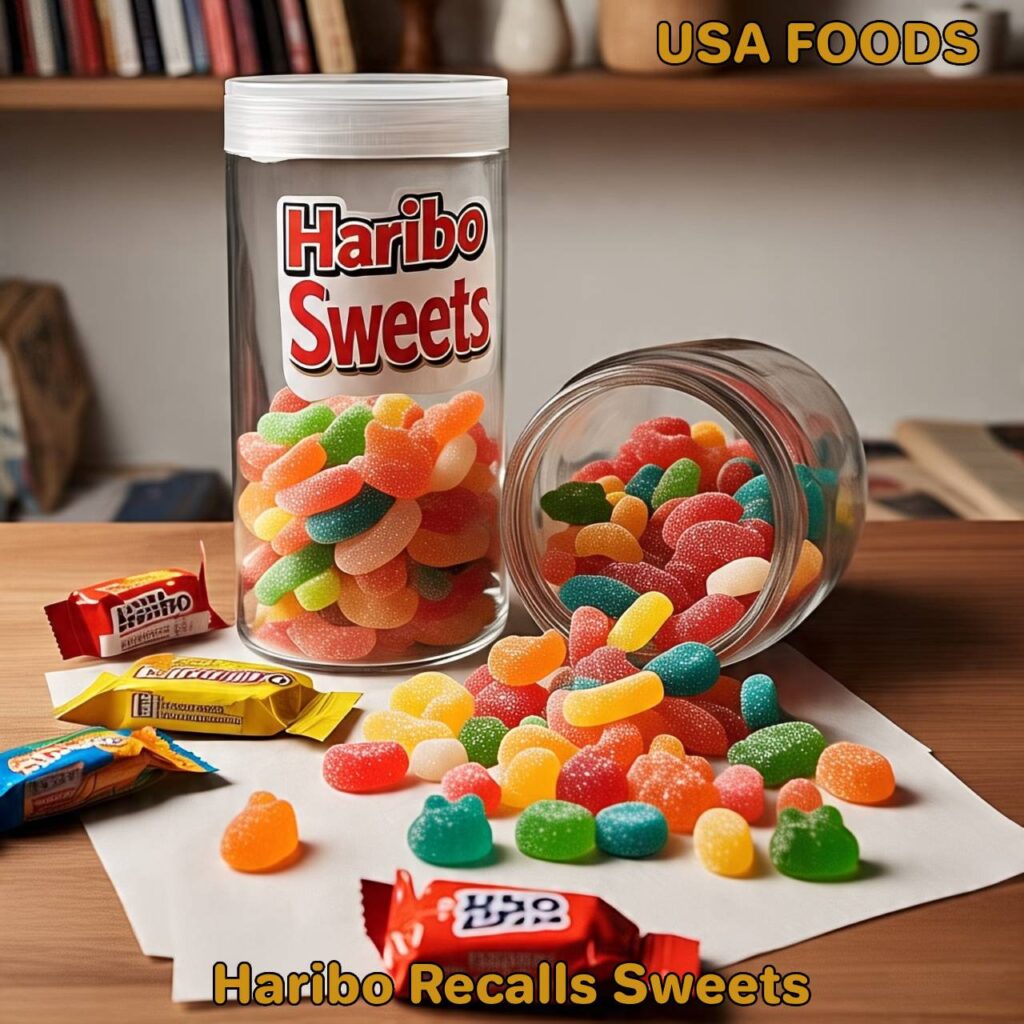
What Should Consumers Do Now?
If you’re a Haribo consumer—especially in the Netherlands—here’s what you should do:
- Check Your Product: If you’ve recently purchased a 1kg pack of Happy Cola F!ZZ, check the batch number and best-before date.
- Do Not Consume: If your package matches the recalled batch, avoid eating the gummies.
- Contact Haribo: Reach out to Haribo’s customer service for instructions on returning the product and receiving your refund.
- Monitor Health: If you or someone else has consumed the gummies and starts feeling unwell, seek medical advice immediately.
- Stay Updated: Keep an eye on further updates from Haribo and the Dutch authorities regarding the investigation and any expansion of the recall.
Moving Forward: Rebuilding Trust
For a brand like Haribo, which has delighted children and adults for generations, a contamination scandal is not just a temporary hiccup—it can have lasting effects on consumer trust. How the company handles the aftermath will determine whether it can maintain its reputation.
To regain public confidence, Haribo will likely need to:
- Increase transparency in future updates
- Reassure consumers of strengthened safety measures
- Possibly overhaul supplier relationships and testing procedures
- Communicate proactively through media, social platforms, and packaging
With millions of customers across Europe and beyond, Haribo’s next steps will be closely watched by the global food industry.
Conclusion
The Haribo recall of Happy Cola F!ZZ gummies due to cannabis contamination has sparked a crucial conversation around food safety, corporate responsibility, and supply chain integrity. While the company’s rapid response helped prevent a wider crisis, the incident reveals the vulnerabilities even in high-trust brands.
Consumers are advised to remain vigilant, verify product details, and report any concerns to the appropriate authorities. Meanwhile, Haribo’s cooperation with the NVWA and Dutch police shows a commitment to rectifying the issue and learning from it.
This case serves as a sobering reminder that even our favorite childhood sweets can carry unexpected risks—and why maintaining high standards in food production is more important than ever.
